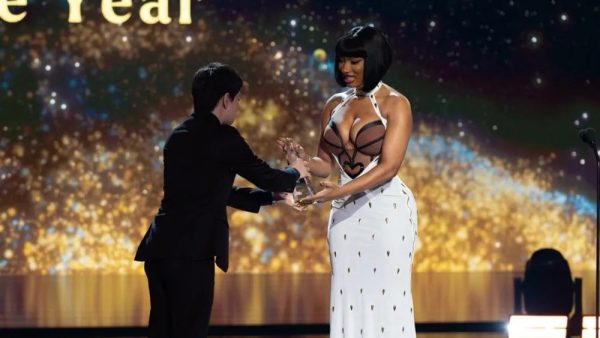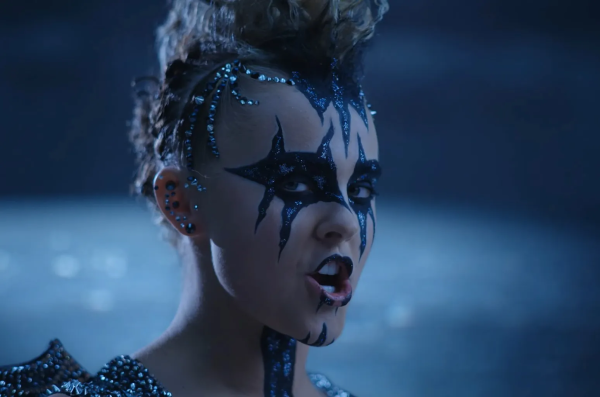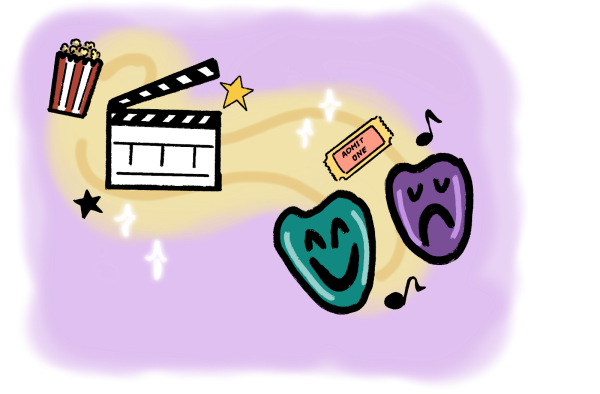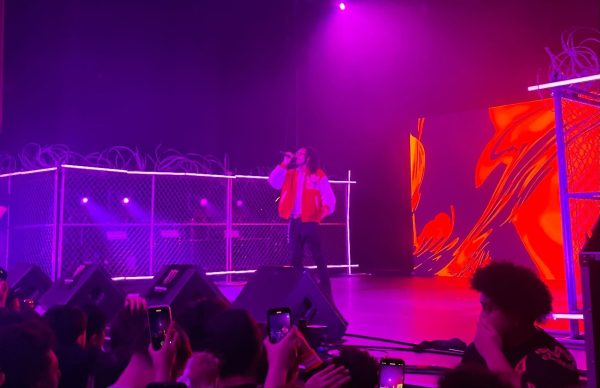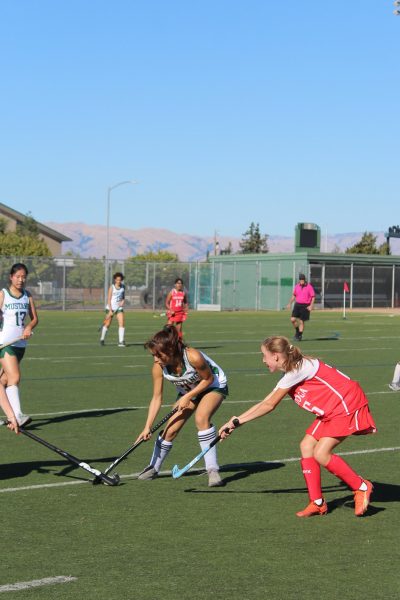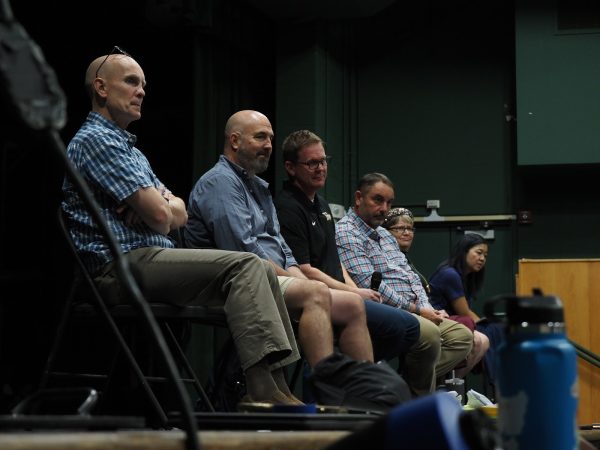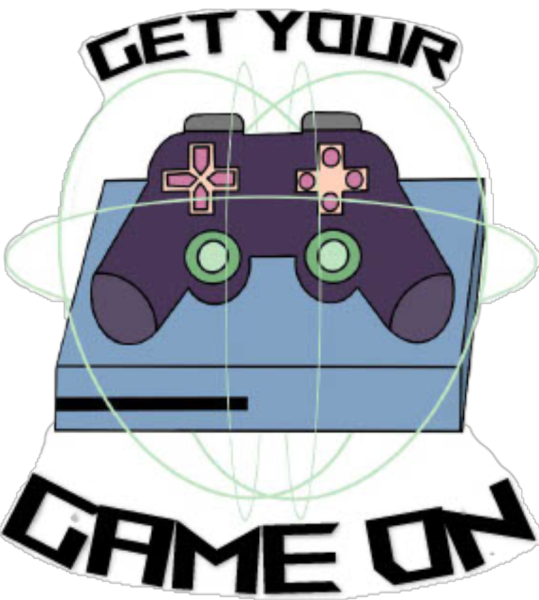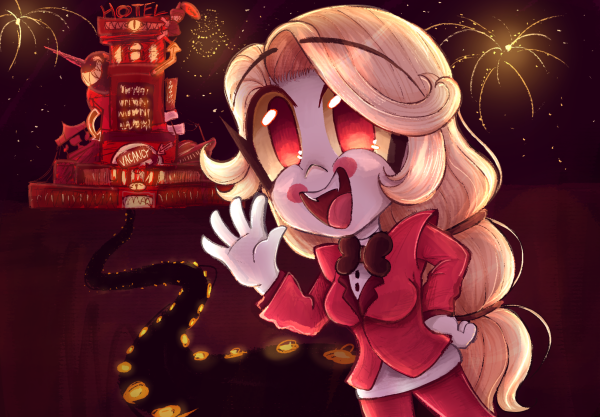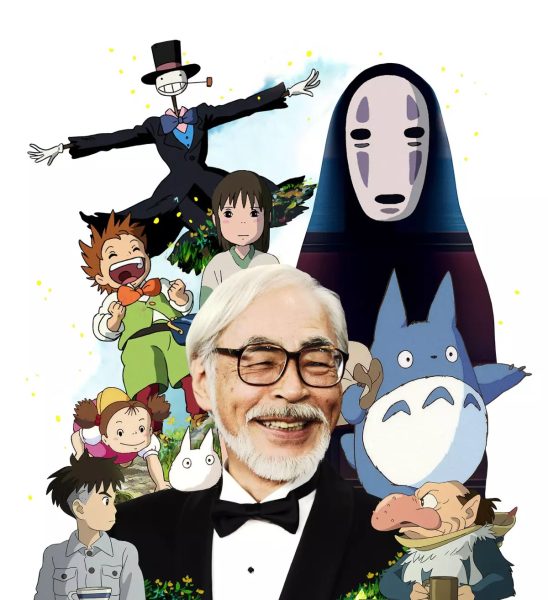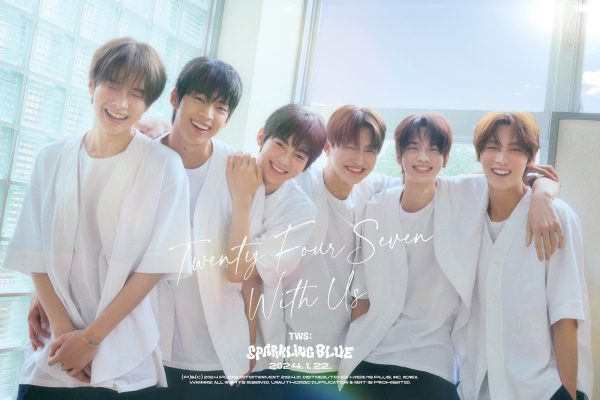Reality TV is wreaking havoc on minors
Reality TV is being taken too seriously instead of seen as a source of entertainment.
I’ve recently noticed reality TV has progressed into more than just a fun way to pass the time. It seems as though it now perpetuates an internalized perfectionism that can promote harmful mindsets.
There are four main types of reality television: competition, lifestyle, travel and transformation or self-improvement. Through these varieties of reality TV, one constant is the degrading and demeaning comments and insinuations throughout. For example, in competitive style, there is always toxicity between competitors, whether it be how one player is so bad that they should not even be competing or how one player is jealous of another. This shows impressionable viewers the people they look up to are portraying malignant behavior. These viewers become insecure with their abilities and think this behavior is acceptable and is to be accepted among their peers.
Another example is in transformation/self-improvement shows. Many people watch these shows and see people who look like them or have the same tendencies as them trying to improve themselves. People see this and think that where they are in life and how they are as a person has to change and improve. This ideology is incorrect because it does not matter how the person on TV feels or looks about themselves that they would like to change, what matters is that you as an individual feel good about yourself and these shows shouldn’t change your outlook on that.
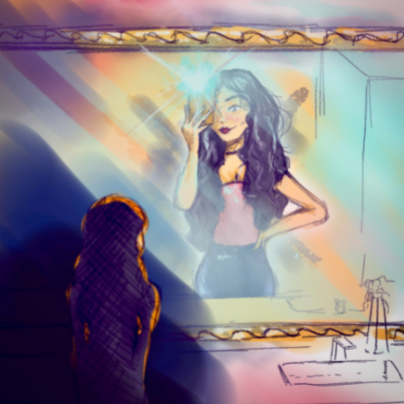
The amount of time put into editing parts of the show can also trick viewers to think that everything is real when the whole plot and dialogue have already all been planned out. There are a lot of things that happen behind the cameras that we don’t see.
Lifestyle shows are another impactful example of shows that perpetuate toxic behaviors. These shows portray unrealistic or impractical expectations of how someone should live their life. Lifestyle reality shows follow people and their lives but those lives aren’t always as glamorous as they seem on TV so viewers shouldn’t think their lives should be just as glamorous because they do not see the full reality.
Reality TV may be popular due to widespread media but after carefully examining what actions happen on the show, reality television boosts shallow personalities, normalizes abuse, and promotes toxic relationships. In many shows, to entertain the audience, the cast does multiple cruel things for laughter.
One famous example is Dance Moms which portrays dance students constantly getting verbally abused. The moms were constantly screaming at them, calling them names, and putting them down. The effects are major, leading to low self-esteem and no confidence for the kids in the show and normalization of abuse for the kids who are watching the show.
Another example is also a very famous reality TV show, “Keeping Up With The Kardashians.” It glorifies shallow personalities and toxic relationships. Multiple scenes include the couples and family members constantly shouting and fighting. It can affect minors who watch the show to normalize toxicity in the relationships they have in their lives. Shockingly, the age range for reality TV shows is 10+.
As reality television has gotten more popular amongst the youth as a source of entertainment, it has corrupted young minds into bad habits and mindsets that derail the process of growth and often promote bullying and drama. In order to prevent further damage to youth, the age rating on these shows should be corrected to an appropriate age range, such as 13+, when young adults can differentiate by themselves what is real and what is not.
Harshi is a senior and is thrilled to be the new PR Manager for The Epitaph. She is excited to meet new exciting personalities and learn more about the...



